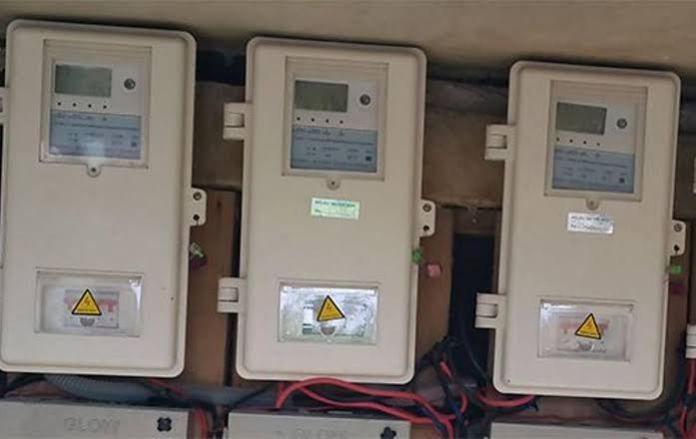By Kalu Onyemaechi
The Nigerian Electricity Regulatory Commission (NERC) says under the National Mass Metering Programme (NMMP) electricity consumers are not required to pay directly for the meters issued to them.
This is contained in a statement NERC issued in Abuja on Monday, according to Vanguard.
“We wish to reiterate that the NMMP designed to provide all consumers of electricity with meters is a policy intervention of the Federal Government supported by the Central Bank (CBN) concessionary loans to Electricity Distribution Companies (DisCoS).
This laudable initiative is still very much on course as a total of over 900, 000 units of meters have so far been installed under the takeoff scheme without any payment by benefiting consumers.
“While this doesn’t cover many of the unmetered customers, we are pleased to inform electricity consumers that the next phase under which about four million units of meters would be procured from local meter manufacturers has commenced,” it said.
“Pending the conclusion of the NMMP, procurement processes and the commencement of manufacturing and installation, consumers may elect to acquire a meter from the Meter Asset Programme (MAP).
NERC said that the regulatory framework approved by the commission under MAP/NMMP Regulation provide for refund of cost of meter through energy credits to the customer at the time of vending.
The commission said that the recently issued notice by the commission on the adjusted cost of meter was designed to protect consumers from arbitrary pricing by MAP.
According to NERC, this is in context of recent changes in macroeconomic parameters affecting cost of production.
NERC advised that clarification be made from its Public Affairs Department on any regulatory matter so as to avoid misinforming innocent consumers.















